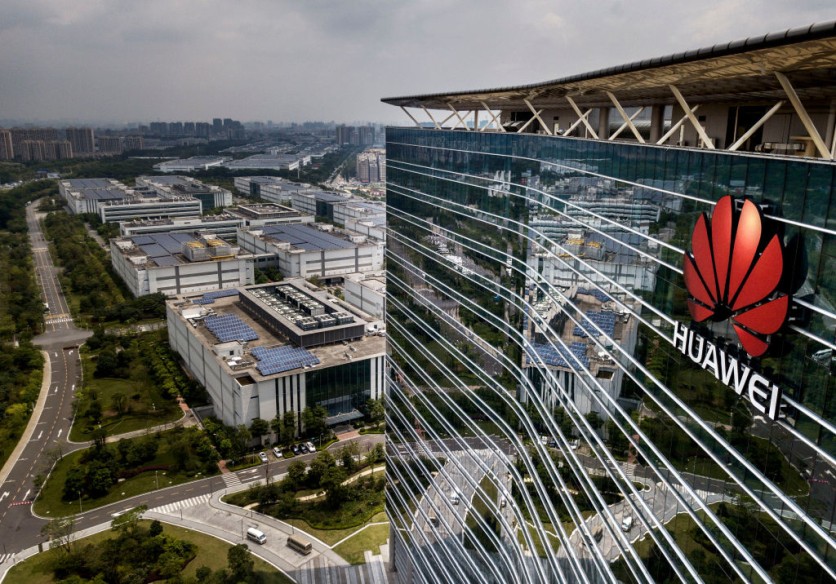In a strategic maneuver to bolster innovation and navigate financial challenges, Huawei Technologies has announced plans to carve out its Intelligent Automotive Solution (IAS) business unit, paving the way for a new smart car software and components firm.
This venture is poised to attain a substantial valuation of up to 250 billion yuan ($34.67 billion), with Changan Auto and other investors securing stakes, according to informed sources.
Confirmed on Sunday, Huawei's move involves the spin-off of its four-year-old IAS business unit, originally conceived to be the equivalent of Germany's Bosch in the intelligent electric vehicle (EV) era. The new entity will inherit the unit's core technologies and resources, with an ambitious valuation in mind, according to Reuters.

Will Huawei Focus on Smart Car Tech?
Changan Auto, Huawei's primary automotive partner, is set to play a pivotal role, holding up to 40%, as per a statement released on Sunday. The ultimate parent company, the state-owned China Ordnance Equipment Group, is also mulling a substantial investment, eyeing a total valuation ranging from 200 billion to 250 billion yuan.
Other potential stakeholders include state-owned automakers FAW Group and Dongfeng Motor Group, which are currently in advanced discussions with Huawei for up to 5% ownership each. Huawei is predicted to hold 40%-50% of the market for two to three years.
Sources say the ownership split and value are still subject to regulatory clearance. Despite these uncertainties, Huawei sees this strategic shift as a catalyst for innovation in smart car technology and an impetus for the broader automotive industry.
Huawei's Inks Deal with Sharp
In an unconventional move, Huawei is contemplating relocating the new firm's headquarters to Chongqing in collaboration with Changan Auto, departing from its current Shanghai base. The spin-off is anticipated to facilitate the company's planned listing, according to insiders.
Richard Yu, head of Huawei's consumer business and overseer of the smart car unit, is unlikely to helm the new venture, sources suggest.
Concurrently, Nikkei Asia reported that Huawei has inked a global cross-licensing agreement with Sharp, covering essential patents for cellular standards, including 5G and 4G communications. This accord seeks to foster collaboration and mutual recognition of intellectual property between the two entities.
Looking forward, Huawei anticipates the introduction of the P70 flagship series in 2024, projecting robust demand and estimating sales to triple compared to its predecessor, the P60 lineup. Analysts forecast a yearly growth of around 230%, with sales reaching up to 15 million units, per GSM Arena.

ⓒ 2026 TECHTIMES.com All rights reserved. Do not reproduce without permission.




